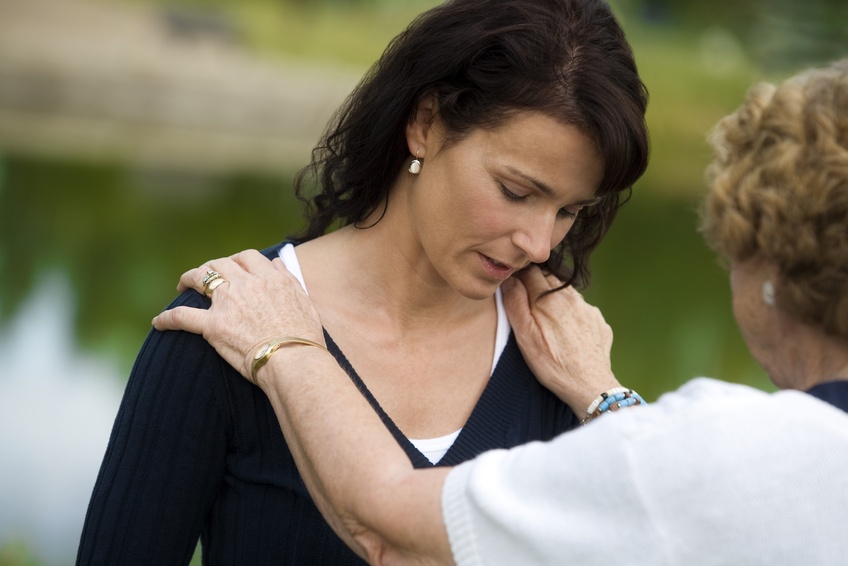- Calls to this hotline are currently being directed to Within Health, Fay or Eating Disorder Solutions
- Representatives are standing by 24/7 to help answer your questions
- All calls are confidential and HIPAA compliant
- There is no obligation or cost to call
- Eating Disorder Hope does not receive any commissions or fees dependent upon which provider you select
- Additional treatment providers are located on our directory or samhsa.gov
How to Support Someone with ADHD and an Eating Disorder

Contributed by: Crystal Karges, MS, RDN, IBCLC for Eating Disorder Hope
Attention Deficit Hyperactivity Disorder (ADHD) is a condition with much stigma attached to it. While many people assume that a child or adult who struggles with ADHD will be restless, unable to concentrate or focus, there is much more beneath the surface of this complex disorder.
Individuals who struggle with ADHD can also be overwhelmed by stimuli, including scents, textures, tastes, noises, and more. Other people with ADHD may have food sensitivities; find it challenging to sit at a table to eat or even have difficulties processing certain foods.
How ADHD Could Trigger an Eating Disorder
For an adult or child who also has a predisposition to developing an eating disorder, having ADHD can trigger or exasperate the progression of anorexia, bulimia, or binge eating disorder. The intricacy of these two disorders can easily become overwhelmed, misdiagnosed, or even mistreated.
Food-related behaviors could be misjudged as “disordered eating” when they may in fact be symptomatic of untreated ADHD. Vice versa, a person with ADHD may also be struggling with a connected eating disorder than can be missed as an underlying diagnosis.
Finding Adequate Treatment for Both Conditions
If you suspect that someone you care for is struggling with both ADHD and an eating disorder, your recognition and awareness of their struggle and support in finding adequate treatment can make all the difference. Treating both conditions is necessary for recovery to take place.
Working with health care professionals who understand both ADHD and eating disorders can also be instrumental in finding recovery and healing. Forms of treatment that may be helpful include psychotherapy, behavioral therapy, medication, medical nutrition therapy, group support, and family education. The combination of these treatment aspects can help address each facet of the complex disorders.
Offering Unconditional Love and Support
 Observing a loved one’s struggle with ADHD and an eating disorder can be confusing and overwhelming. It is equally challenging for the sufferer themselves, who are often misunderstood or viewed in the light of harsh stigmas.
Observing a loved one’s struggle with ADHD and an eating disorder can be confusing and overwhelming. It is equally challenging for the sufferer themselves, who are often misunderstood or viewed in the light of harsh stigmas.
Ultimately, the best way to support a loved one is to provide unconditional love and care. The process of treatment can be a bumpy road with many obstacles, and having someone in their life that is committed to their well-being can be motivating and encouraging.
You may not understand everything that is transpiring but becoming involved in treatment, support groups, and education can give you a solid foundation as you walk this road with your loved one.
Last Updated & Reviewed By: Jacquelyn Ekern, MS, LPC on March 21st, 2015
Published on EatingDisorderHope.com

The EatingDisorderHope.com editorial team comprises experienced writers, editors, and medical reviewers specializing in eating disorders, treatment, and mental and behavioral health.

